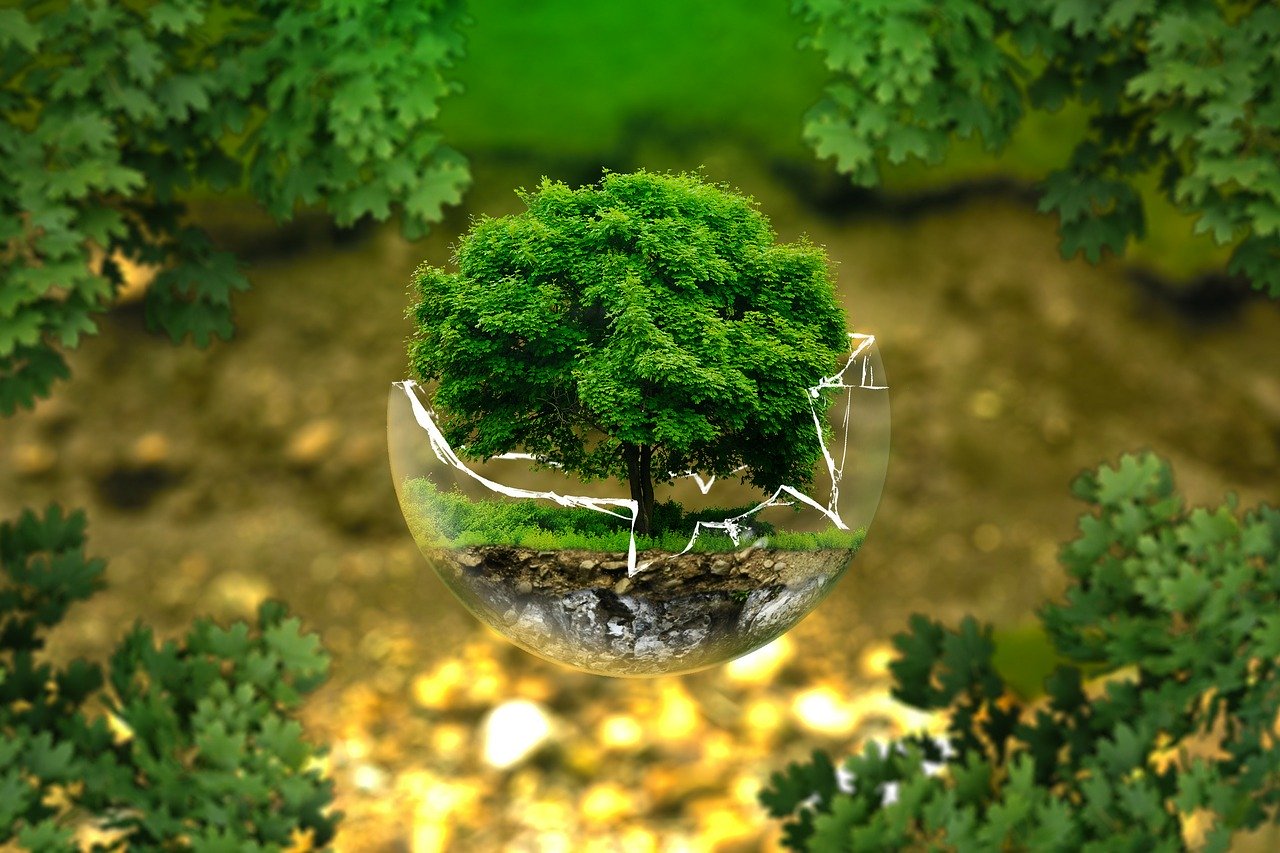What is Environmental Science?
The term ‘environmental science’ is the academic study of the environment. Environmental science studies include the biological and physical effects on the earth from both natural and natural processes. The environmental science field can include topics of studies such as zoology, oceanography soil science, biology, and plant science, atmospheric science, geology, mineralogy, and so much more.
- National Institute of Environmental Health Sciences – For Students
- Learning and Teaching about the Environment – US EPA
- The Environment and Environmental Sciences
- The GLOBE Program
- Environmental Science Lessons – TED-ED
- Earth & Environment Classroom Resources
- Lesson Plans, Teacher Guides, and Online Environmental Resources for Educators
- Environmental Education Lesson Plans
- Lessons – Kids Environmental Sciences
What is Environmental Conservation and why is it important?
‘Environmental conservation’ refers to the practice of protecting the earth’s natural environment through organizations, governments, and personal actions by individuals. The study of environmental conservation is so important because it enlightens us as to what we need to do to conserve our planet and resources. As the years go on, the growth of the human population has degraded our ecosystems and has depleted our natural resources. Our earth can only sustain us for so long.
- Environment America – Conservation
- Conservation: History and Future
- National Geographic: Conservation
- Climate and Environment – US Department of State
- Conservation & Preservation
- Conservation, Preservation, and Environmental Activism: A Survey of the Historical Literature
Natural Resource Conservation Information
- United States Department of Agriculture – Natural Resources Conservation
- Forest Conservation & Environmental Awareness
- Wildlife Conservation
- Forest Conservation: 14 facts you need to know
- What is soil conservation?
- World Wildlife Fund: Forest Initiatives
- Wildlife Conservation Society
- Conservation Science
- Wildlife Conservation Network
- The Conservation Fund
- Library of Congress: American Memory Timeline – Conservation in the Progressive Era
- Global Wildlife Conservation
- About Soil Conservation Benefits
- Smithsonian’s Conservation Ecology Center
Water Conservation Information
Did you know?:
On average in America, each household uses over 300 gallons of water every day! That’s a lot of water! It’s important to conserve our earth’s natural resources. Water is wasted every day. (Per capita water use: How much water do you use in your home?) Here are some tips and informative websites to help you conserve water:
- User low-flow water heads on the fixtures throughout your home.
- Only water your lawn when it needs it. Consider getting a rain barrel for outdoor water use!
- Saving Water Outdoors
- 10 Tips for Outdoor Water Conservation
- Fix all water leaks throughout your home. These small drips can add up!
- Water Conservation Tips
- Water Conservation
- Stop Water Waste
- Dishwashers save water! Purchase new dishwashers with the Energy Star label to ensure your conserve the most water possible.
- Water Conservation Tips
- Water Conservation and Rebates
- Water Conservation in the Home
- Replace older toilets with newer, water-saving models.
- Water conservation tips for both in – and outside of the home
- Don’t wash your car at home: Commercial car washes are water-efficient and waste much less water.
- How To Save Water
Information on Conserving Energy
Conserving Energy in Your Home:
- Consider solar panels as a form of heating and energy. Solar panels can greatly reduce your energy bill!
- Ensure homes, including attics and basements, are properly insulated.
- What You Can Do At Home To Conserve Energy
- So What Can We do to Conserve Energy and Why (pdf)
- Small Steps to Conserve Energy
- User low-flow, aerating water heads throughout your home to conserve water.
- Use programmable thermostats to control the exact temperature in homes and offices.
- Choose appliances with the Energy Star label to be the most energy-efficient.
- Conserving energy
- Keep the hot sun out of the home by closing blinds, drapes, and curtains during the day.
- Conserving Energy – Department of Energy
- The New EnergySaver.gov — Save Money by Saving Energy!
- Saving Energy
- Pollution Prevention Tips for Energy Efficiency
- Hot water uses more energy than cold water. When doing laundry, choose cold water when at all possible!
- Economic Benefits of Energy Conservation
- Instead of using a dryer, hang clothes outside or on a clothing rack when weather permits to conserve energy.
- Install LED light bulbs throughout your home to make the most of energy savings.
